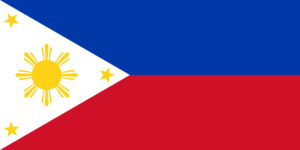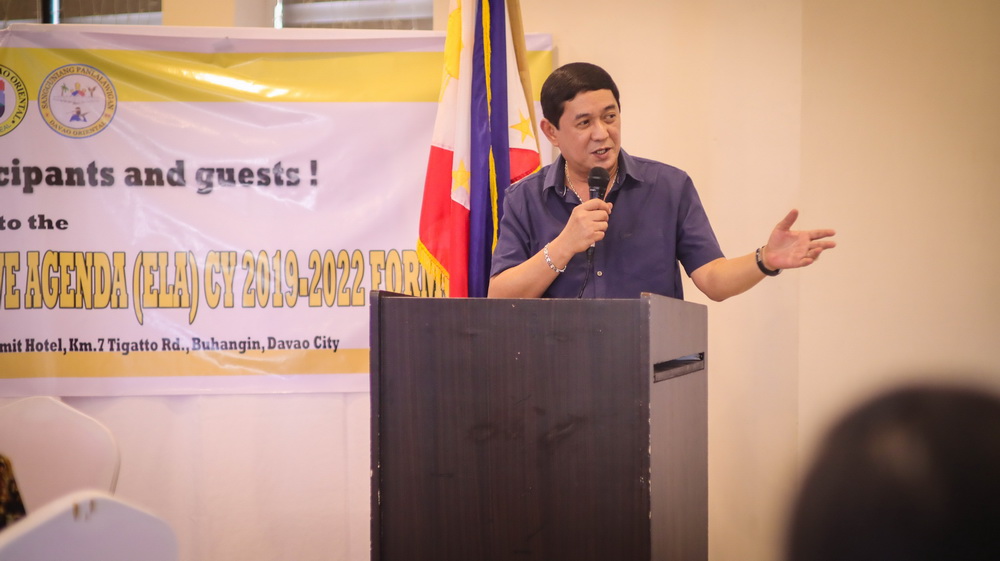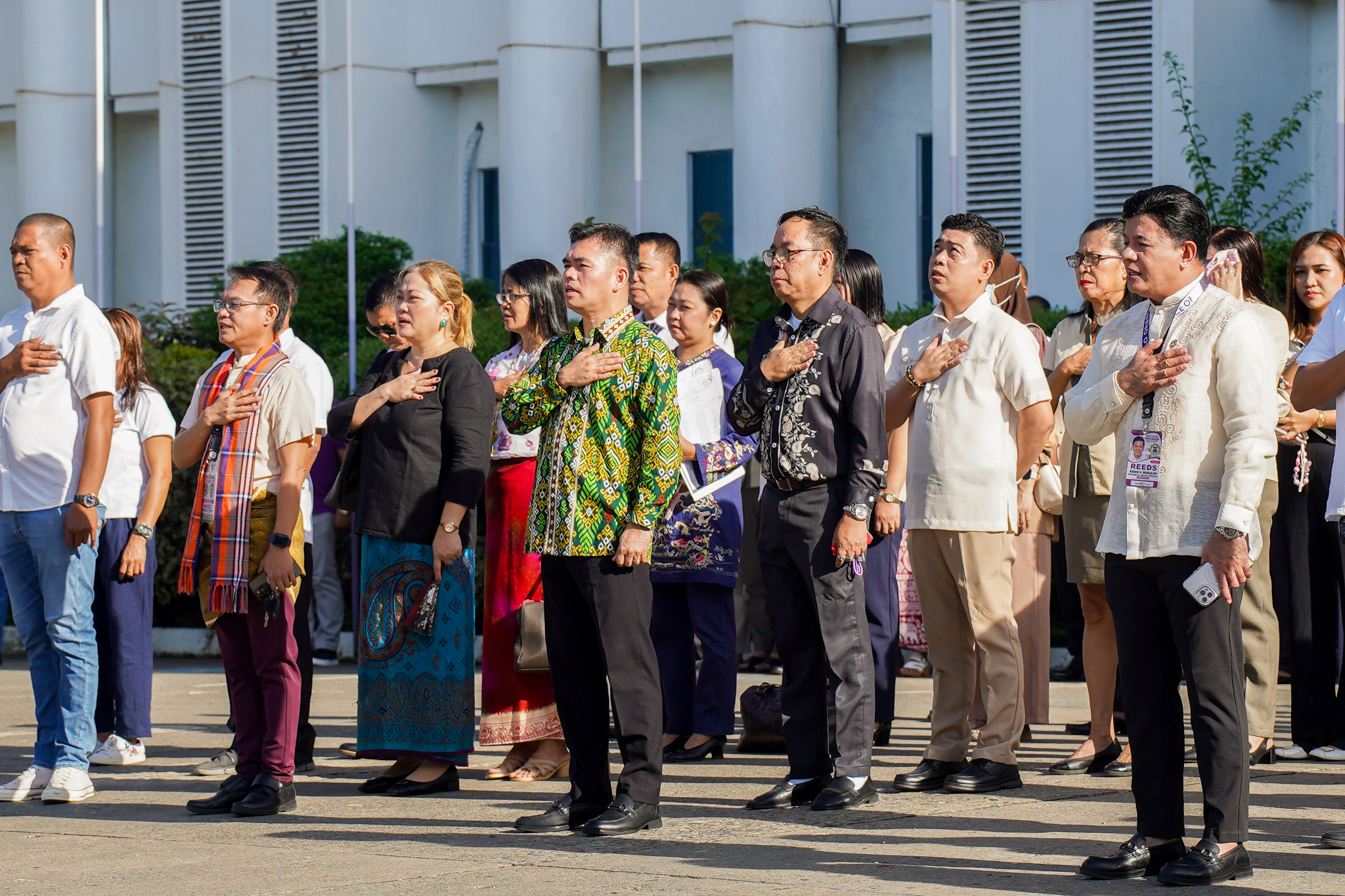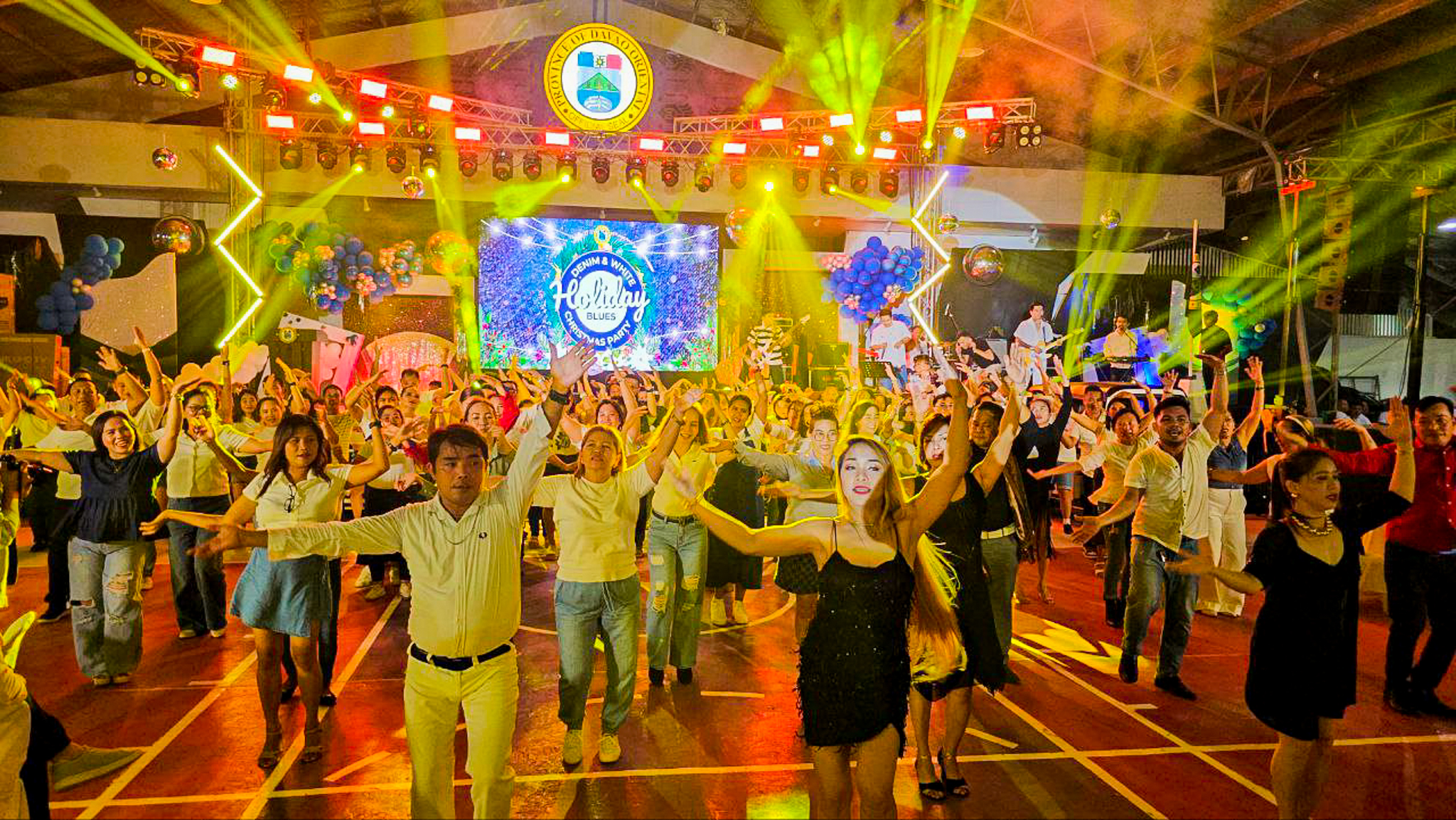DAVAO ORIENTAL — As it prepares to advance its ambitious development agenda, the Provincial Government has recently laid out its priority development programs seeking the Sangguniang Panlalawigan’s enabling legislative support.
On September 11, during the Executive-Legislative Agenda (ELA) Workshop held at the Panorama Summit Hotel in Davao City, the Provincial Government’s executive and legislative branches have agreed to push the development programs that the province plans to pursue within the next three years as the initial document containing the priority programs of the executive department in need of legislative actions has been successfully crafted.
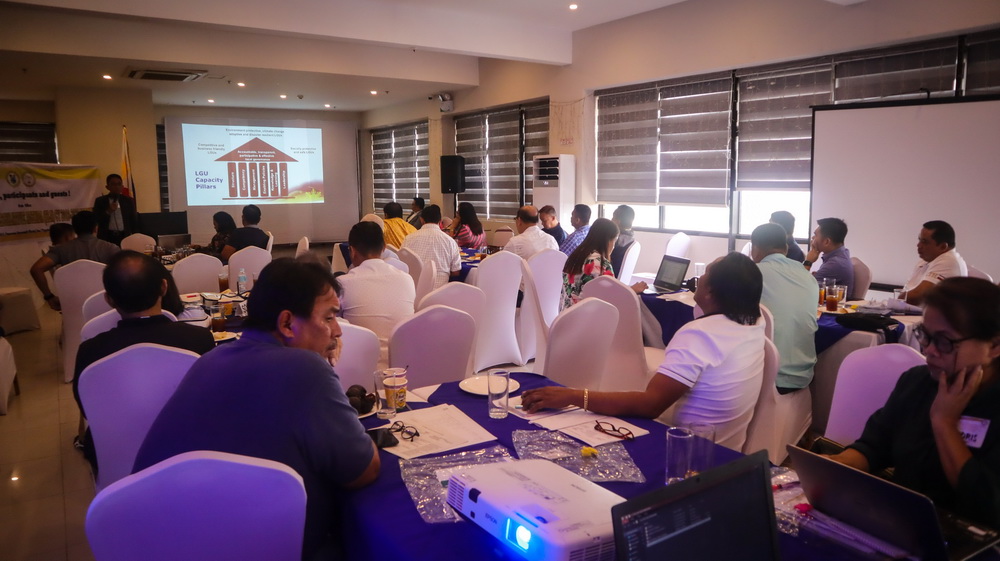
Strategizing the document’s formulation through a sectoral approach, the priority programs were divided in to five sectors namely economic, social, environment, infrastructure, and institutional development administration.
At the activity, the Provincial Government department heads and the sector’s respective Sangguniang Panlalawigan committee chair sat down and listed various programs and suggested enabling legislations.
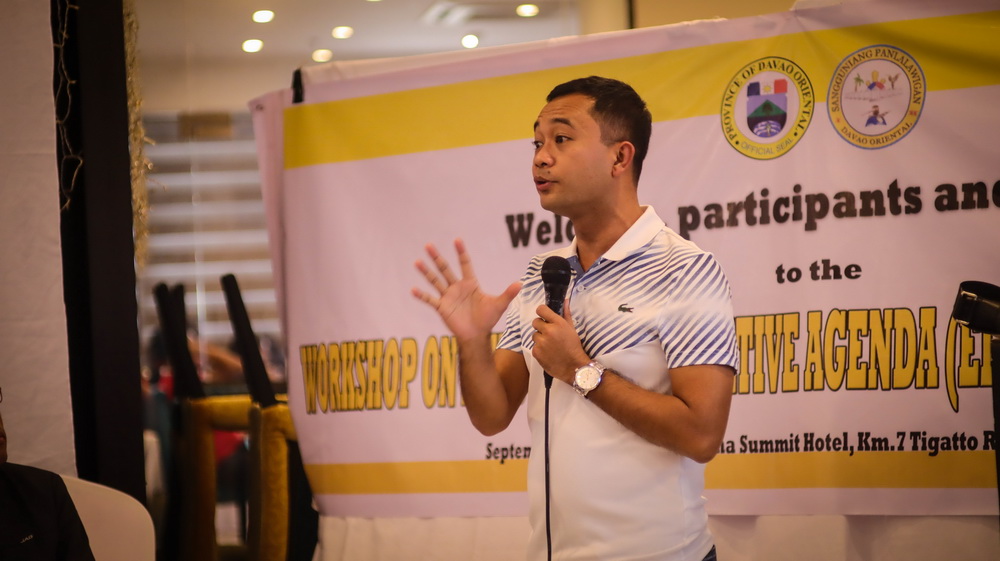
For the economic sector, the province plans to pursue its existing priority program Pagkain at Kita Sustainable Agriculture Village Enterprise Program which encompasses subprograms set to boost sustainable agriculture and livelihood and improve the lives of the farmers. There were also programs in support to rice competitiveness, falcata and abaca industry, and livelihood support program for the vulnerable groups such as the Persons with Disabilities, the elderly, women, former rebels, Jama’ah Muslim communities, Indigenous Peoples, and communities identified as Geographically Isolated and Disadvantaged Areas (GIDA).
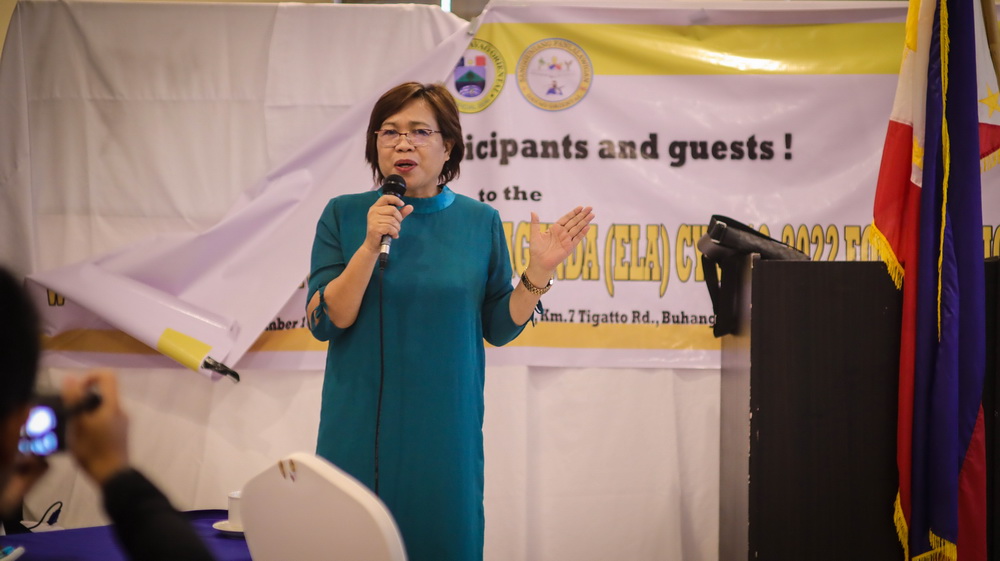
Highlight programs for the social sector include health service delivery network in accordance to universal healthcare, educational assistance, housing programs, and program for Persons with Disability, among many others.
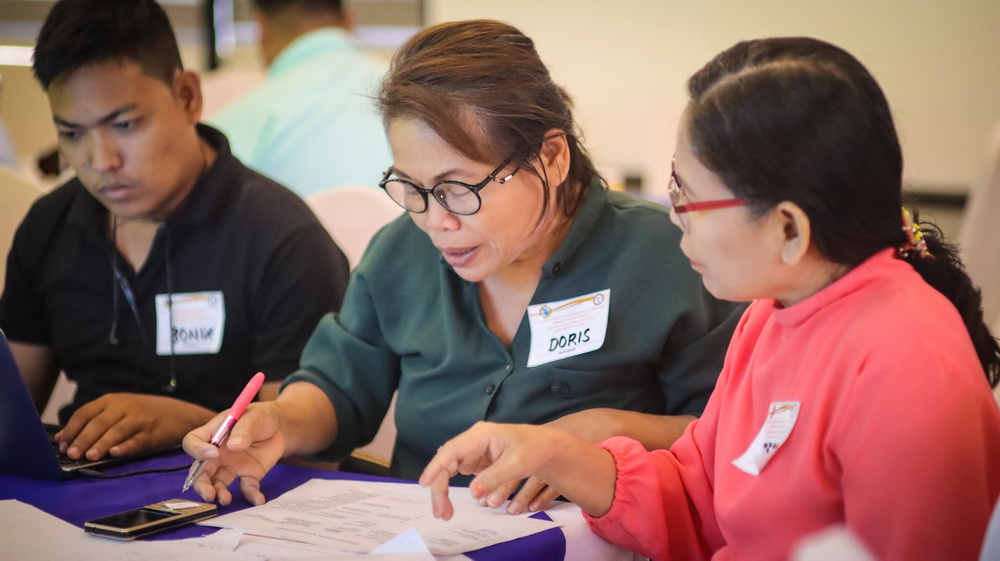
For environment protection, the sector has proposed various undertakings under the Environmental and Natural Resources Management Program which include the strict enforcement of waste management in every barangay and schools. Also proposed were programs for Climate Change Adaptation and the implementation of Southeastern Seaboard Watershed and Management Program (SESWM), among many others.
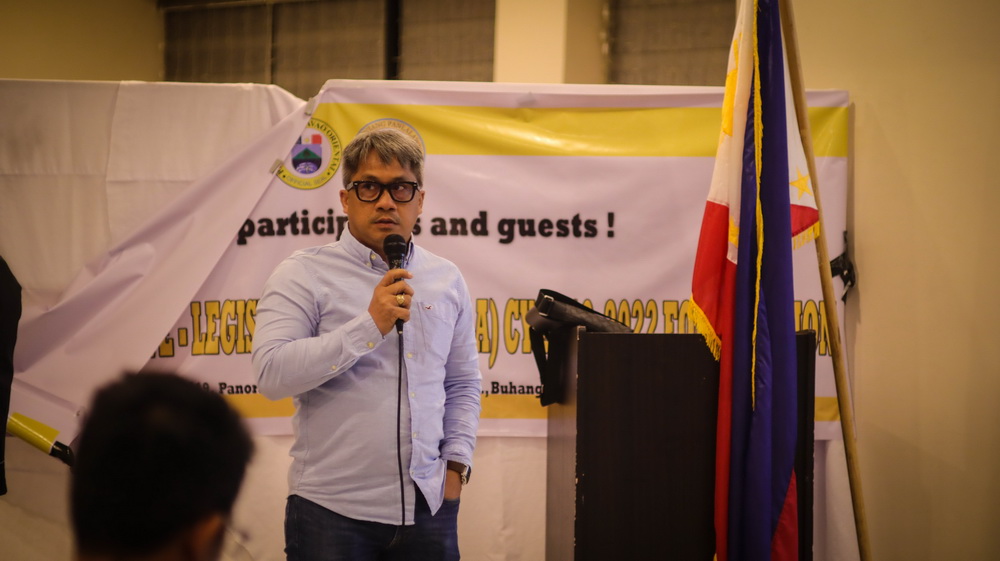
Meanwhile, as the Provincial Government is also keen on the implementation of various high-impact infrastructure projects to improve the everyday lives of its citizens, several programs and projects were proposed which include the construction and rehabilitation of more roads and bridges, especially those that lead to hinterland areas known as GIDA. Construction of roads coincides with the thrust of the national government to connect isolated communities as a strategy to counter insurgency. Also laid out are programs on water systems, renewable energy, fish port development, irrigation systems, airport system, and Sitio Electrification Program.
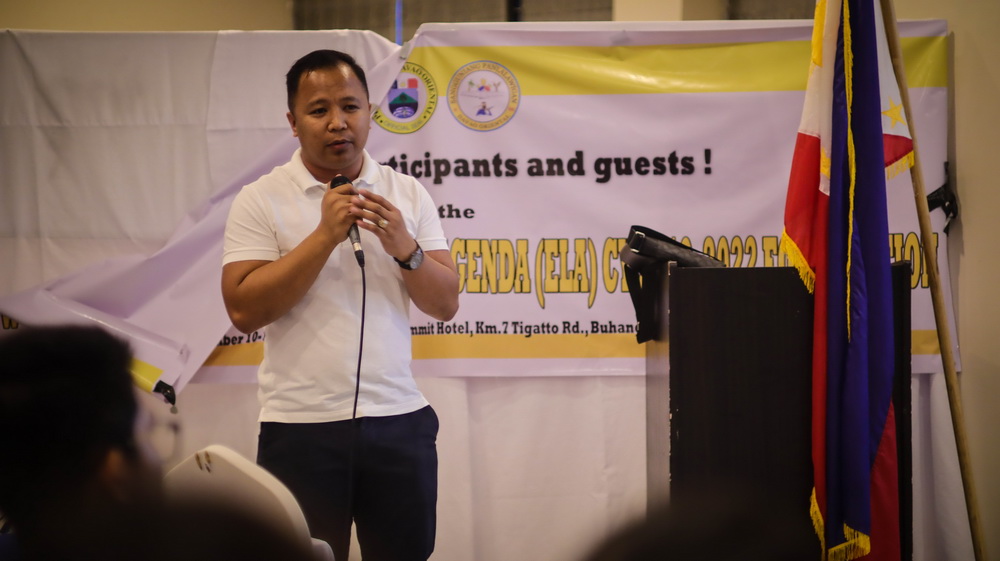
Finally, on institutional development administration, the province is set to continue to strengthen its programs on peace and order, anti-illegal drugs, and disaster preparedness.
At the culmination of the workshop, both branches have agreed to work on the listed programs that bid to improve the lives of the people of Davao Oriental.
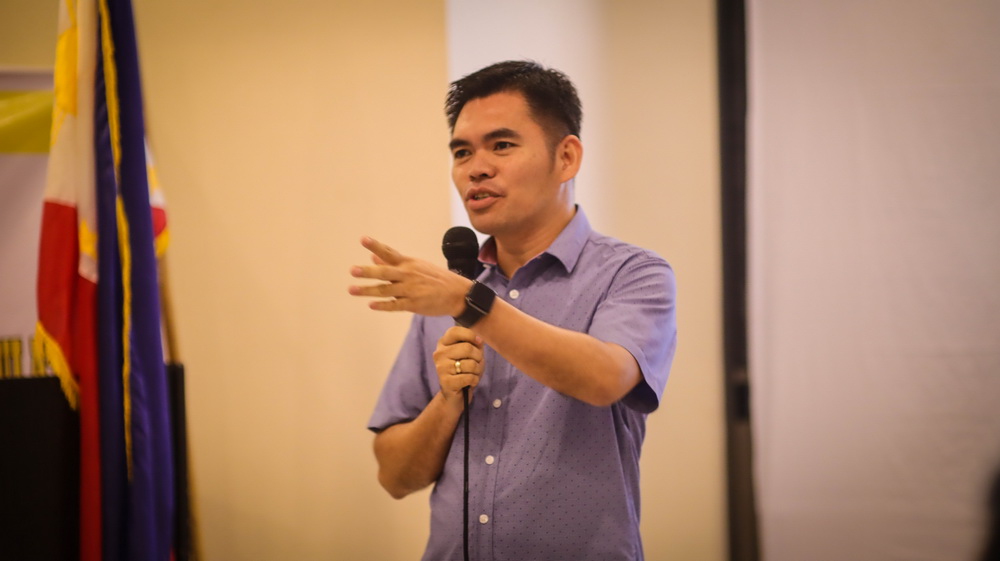
Vice Governor Niño Sotero Uy, who presides the 16th Sangguniang Panlalawigan, committed to make the necessary legislations to usher the realization of these programs. “We coexist with one another. We cannot push forward all our development direction if we do not have the support of our counterpart,” he said, emphasizing that amidst the separate functions of the executive and legislative branches, both have significant roles in pushing for the development of the province.
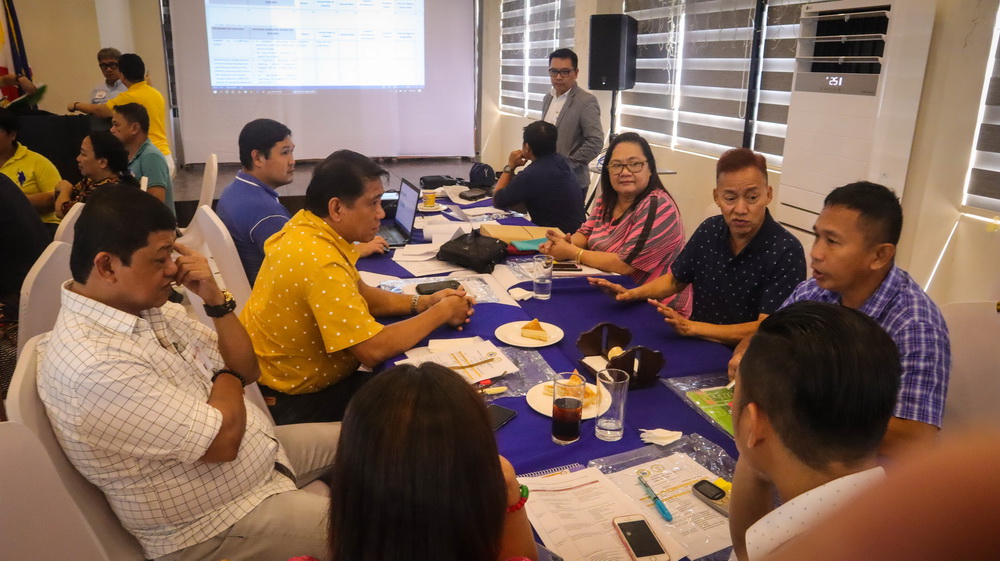
He said he is thankful to be part of the ELA which became a venue to provide the legislative department “a clear and better appreciation of the policies needed to pave way for a smooth implementation of the executive agenda.”
He added that the Sangguniang Panlalawigan has filed a proposed ordinance for the creation of an Executive and Legislative Development Advisory Council. “So that we will not only meet here but hopefully meet every now and then so that we can evaluate and assess the policies we made and check what are still needed. Maybe with the support of the Governor, we can expand the advisory council to include national government agencies and even civil society organizations,” he added.
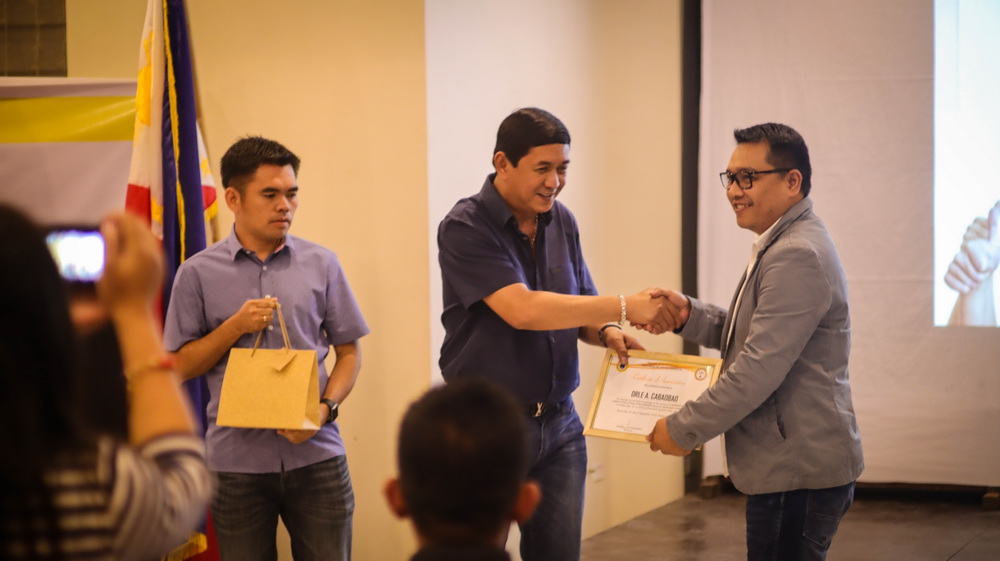
For the part of the executive department, Governor Nelson Dayanghirang thanked the legislative branch and the counsel of the department heads for sharing his sense of urgency in implementing meaningful programs, especially anti-poverty and economic-focused endeavors that would improve the lives of the people of the province.

He said that all of the plans laid out are aligned with the Provincial Government’s development thrust which is directed towards eradicating poverty which is still a major concern that need to be addressed.
Successfully coaxing the support of the legislative department, he points at boosting agriculture-based programs since Davao Oriental is primarily an agriculture province.
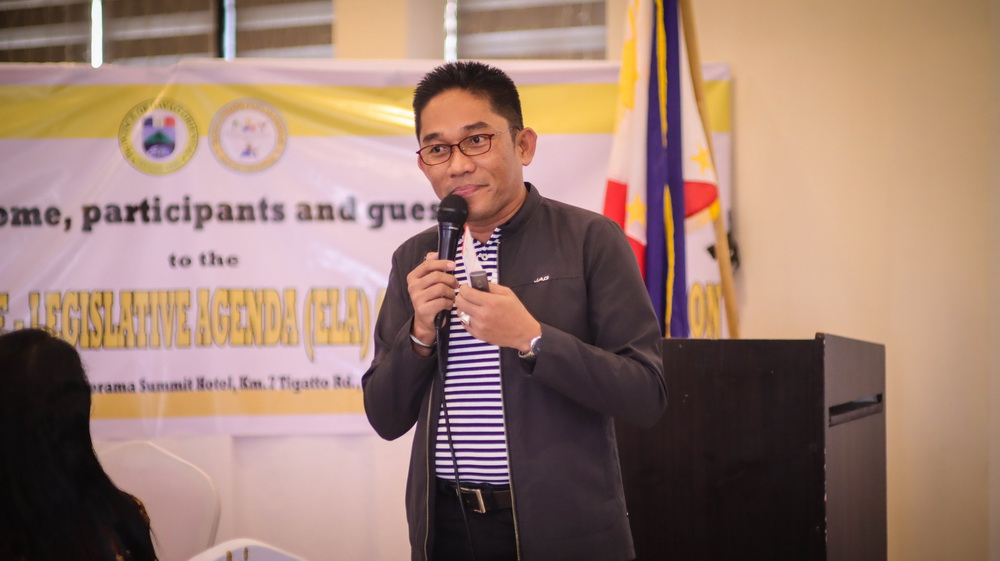
Mandated under the law, the Executive-Legislative Agenda is a unifying document corresponding to the term of local elected officials that is developed and mutually agreed by both the executive and legislative department of the LGU through exclusive consultation between the said branches and the concerned development sectors.
Anchored on the six-year Provincial Development Physical Framework Plan (PDPFP), the ELA facilitates the implementation of the major programs for the next three years. By Karen Lou Deloso and Riza Golez/Photos By Riza Golez
